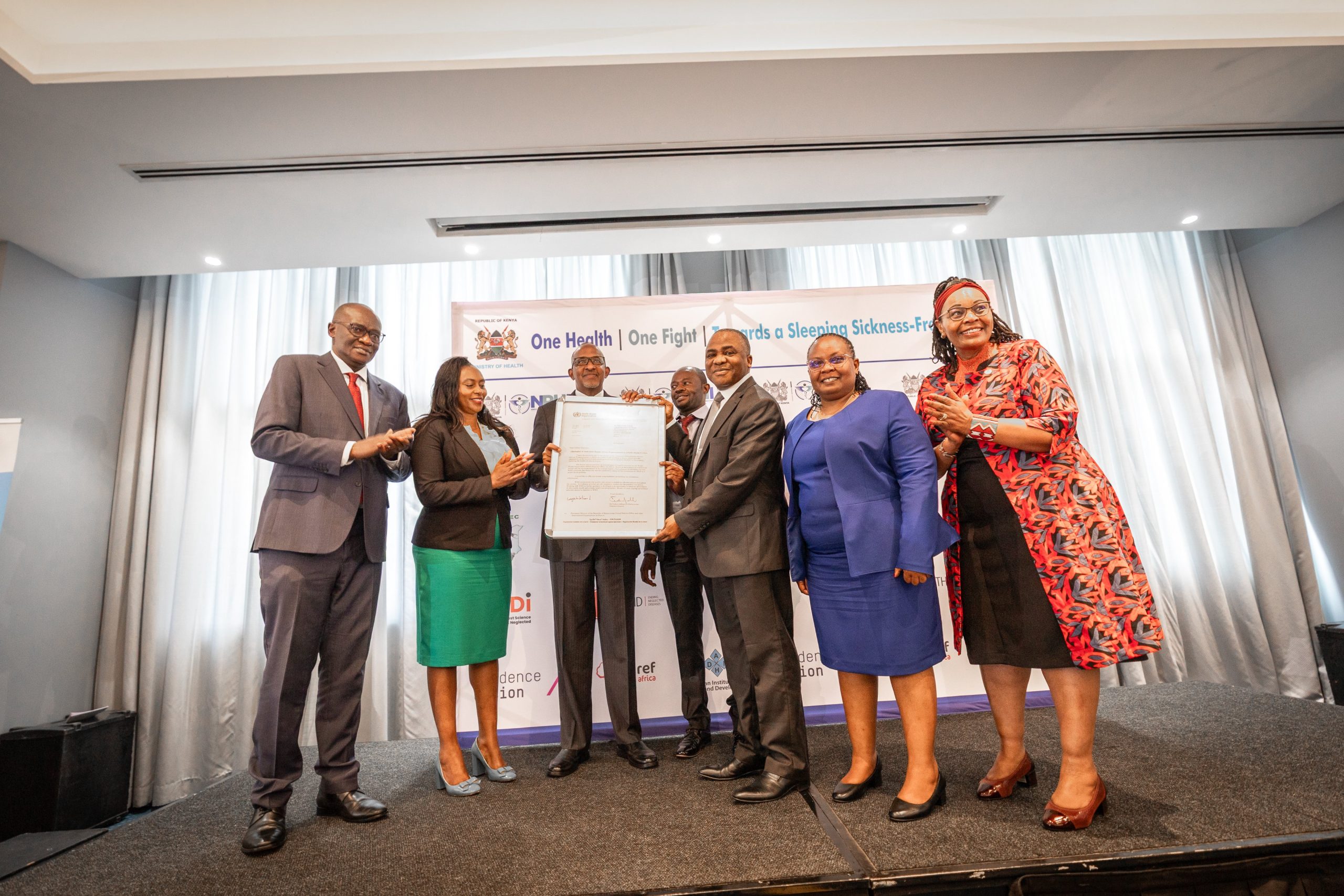
Kenya has officially eliminated sleeping sickness as a public health problem, becoming the tenth country worldwide to achieve this milestone, the World Health Organization (WHO) announced on Friday.
Sleeping sickness, formally known as human African trypanosomiasis (HAT), is endemic to sub-Saharan Africa. The disease, caused by the parasite Trypanosoma brucei, is transmitted to humans through the bite of infected tsetse flies. Without treatment, it is typically fatal, according to the WHO.
“I congratulate the government and the people of Kenya for this historic achievement,” said WHO Director-General Tedros Adhanom Ghebreyesus in a statement.
“Kenya joins the growing list of countries that have eliminated HAT.
This marks a new step forward in the fight against neglected tropical diseases in Africa.”
The parasite can cross the blood-brain barrier, reaching the central nervous system, which is when symptoms usually emerge.
These include behavioral changes, confusion, sensory disturbances, and poor coordination. Disruptions to the sleep cycle—hence the name “sleeping sickness”—are a hallmark of the disease.
Kenya’s success follows that of several other African nations who have similarly eliminated the disease as a public health threat. These countries include Benin, Côte d’Ivoire, Ghana, Guinea, Equatorial Guinea, Uganda, Rwanda, Chad, and Togo.
The WHO’s announcement signals a significant breakthrough in controlling a disease that has long burdened vulnerable communities in the region. It also highlights the power of coordinated public health efforts and surveillance systems in combating neglected tropical diseases.



